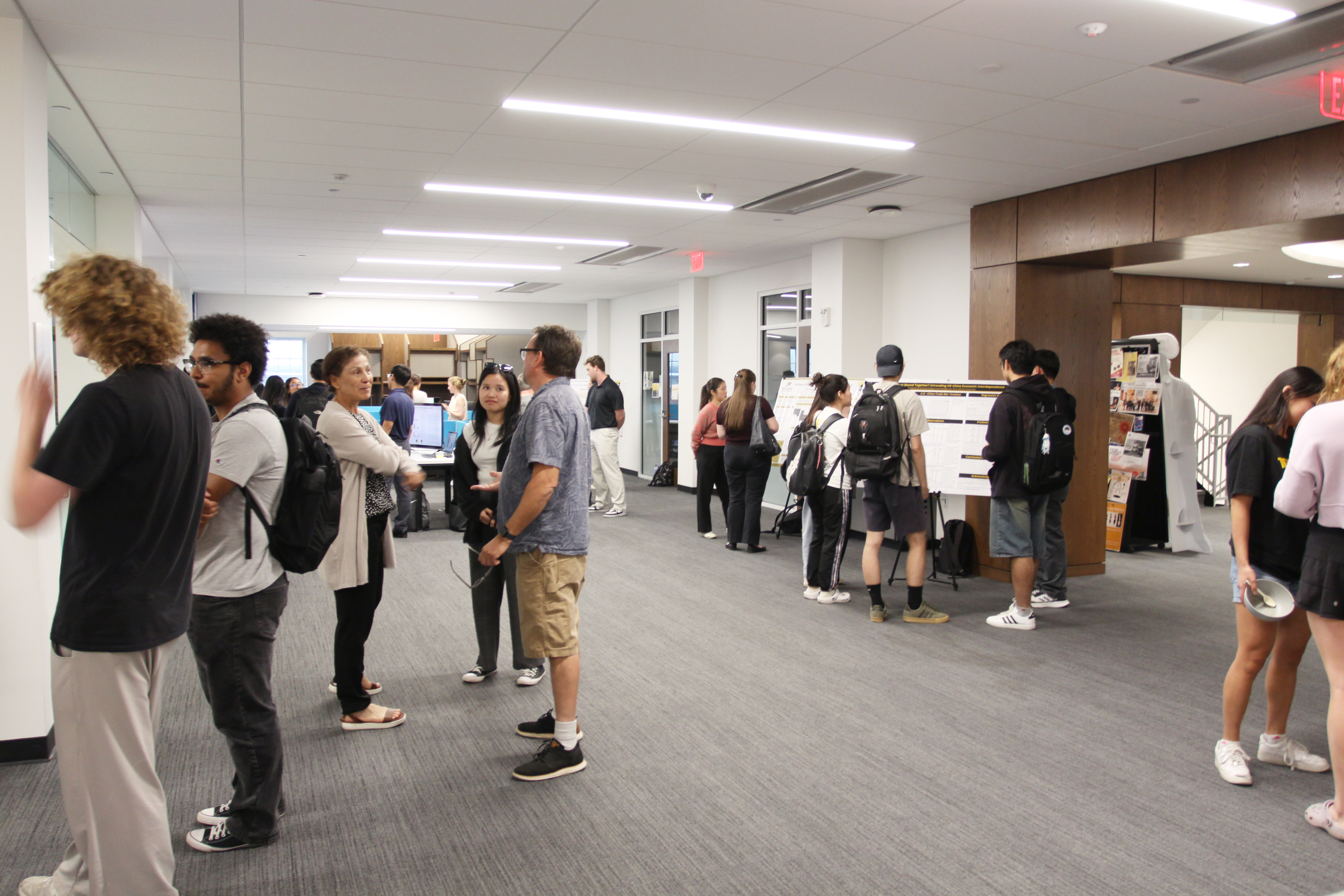Files
Download Full Text (5.2 MB)
Document Type
Poster
Publication Date
Fall 10-2020
Abstract
The abandoned limestone quarry in the DePauw Nature Park is a site of interest for research into plant community establishment due to the harsh, heterogenous, and fluctuating environment. Because the limestone floor of the quarry is a novel anthropogenic environment, every plant species in the quarry had to be introduced somehow. Perhaps native species that are able to establish populations in the quarry are more likely to share traits with invasive species. Using information collected from scientific articles, I compared traits of three pairs of plants with similar forms to compare their life history traits to see if any patterns emerge. I compared Erigeron annuus (native) to Pilosella caespitosa (invasive), Celastrus scandens (native) to Rosa multiflora (invasive), and Phragmites australis to Typha angustifolia which are both invasive, but Phragmites is more prevalent in the quarry. All six species exhibited traits that are associated with invasiveness. They all can reproduce asexually. All but two of the species have seeds that are wind dispersed. Rosa multiflora is the only one that lacks multiple distinct means of seed dispersal. Lastly, four of the species have high genetic and/or phenotypic plasticity. The initial comparisons indicate that species that establish on the quarry floor tend to exhibit traits associated with invasiveness, regardless of whether those species are native to Indiana. Future empirical research comparing the traits these three species groups taking into account other groups with which quarry plants could share traits such as natural calcareous and primary successional species would broaden our understanding of the intersection between natural calcareous, primary successional, invasive, and quarry species.
Recommended Citation
Borse, Diana; Atkinson, Sophia; and Dudle, Dana, "A Comparison of Invasive and Native Plants in an Abandoned Limestone Quarry" (2020). Annual Student Research Poster Session. 33.
https://scholarship.depauw.edu/srfposters/33




Funding and Acknowledgements
Diana Borse; Sophia Atkinson; Dr. Dana Dudle, PhD
Department of Biology, DePauw University, Greencastle, IN
Supported by: DePauw University Faculty Development Committee